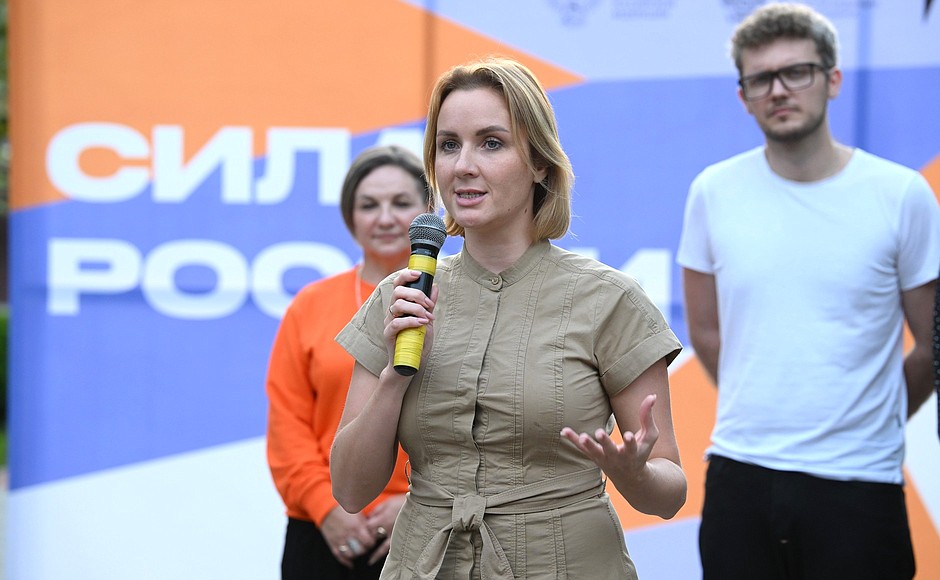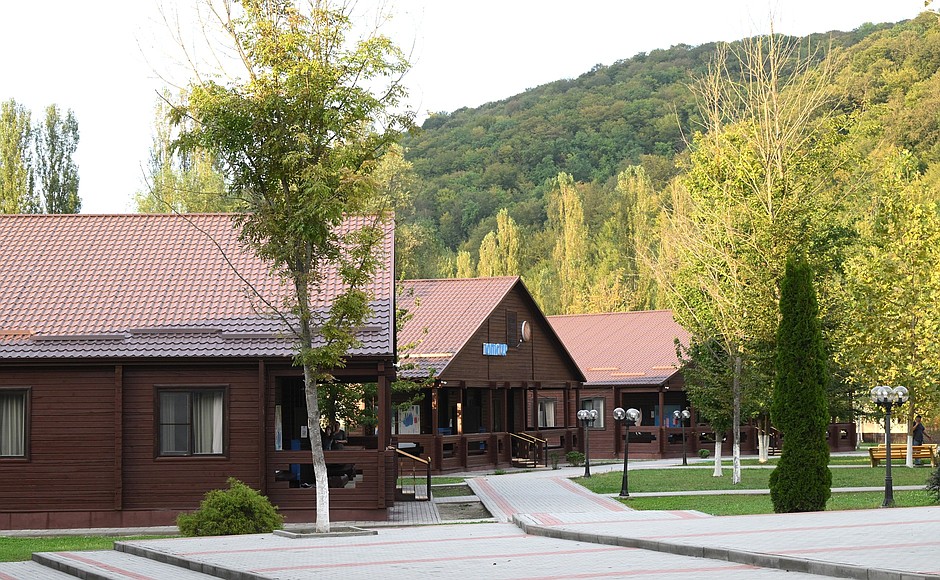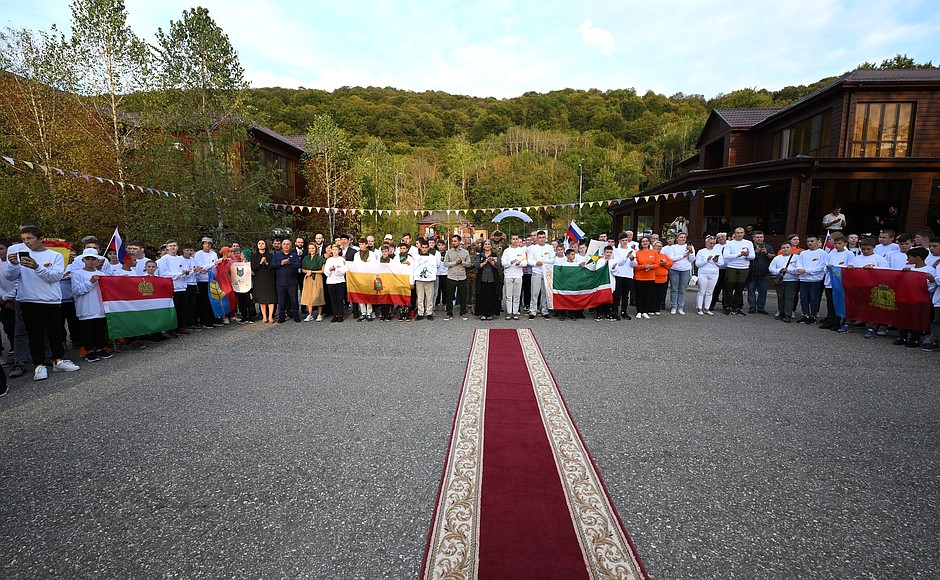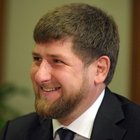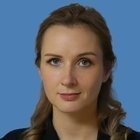Force of Russia follows up on last year’s Force of Caucasus project by Presidential Commissioner for Children’s Rights and Head of the Chechen Republic Ramzan Kadyrov. It brought together minors registered in their schools as belonging to socially vulnerable groups, or with departments for minors’ affairs, commissions for juvenile affairs and rights, or registered with the Federal Penitentiary Service. Some of them have committed delinquent acts or offences.
The project is carried out by the Federal Centre for Teenager Socialisation Programme which benefits from the support of the Presidential Commissioner for Children’s Rights, the Ministry of Education, the Movement of the First and the Russian Children’s Centre.
Held at the Gorny Klyuch children’s recreational camp, the shift gathered over 120 youngsters from seven Russian regions. Maria Lvova-Belova met with their team leaders and counsellors, and had an interactive discussion with them during a session titled One Hundred Questions for an Adult.
Force of Russia has several goals, including inspiring teenagers to engage in constructive and useful undertakings and giving them a chance to feel a part of a great country. The team leaders, mentors and counsellors working with them have had special training and are well equipped with the latest methods for working with minors facing difficult situations and problems with the law.
The programme includes sports, cultural and psychological tracks, featuring workshops in sports orienteering, surviving in the wild, volleyball, football and table tennis tournaments, a career guidance course, photo quests, as well as various contests and concerts. Students get to meet participants in the special military operation, famous researchers and scientists.
Maria Lvova-Belova said that Vladimir Putin supported the initiative. In addition, the project has expanded its geography. This year, Force of Russia will hold nine shifts in the Republic of Buryatia, Republic of North Ossetia — Alania and Tatarstan, the Krasnodar Territory, and the Moscow, Novgorod, Novosibirsk and Chelyabinsk regions, with more than 1,000 teenagers taking part in them from across the country.
During her working visit to the Chechen Republic, the Presidential Commissioner for Children’s Rights also visited the Russian University of Special Operations Forces where she met with faculty and students.
